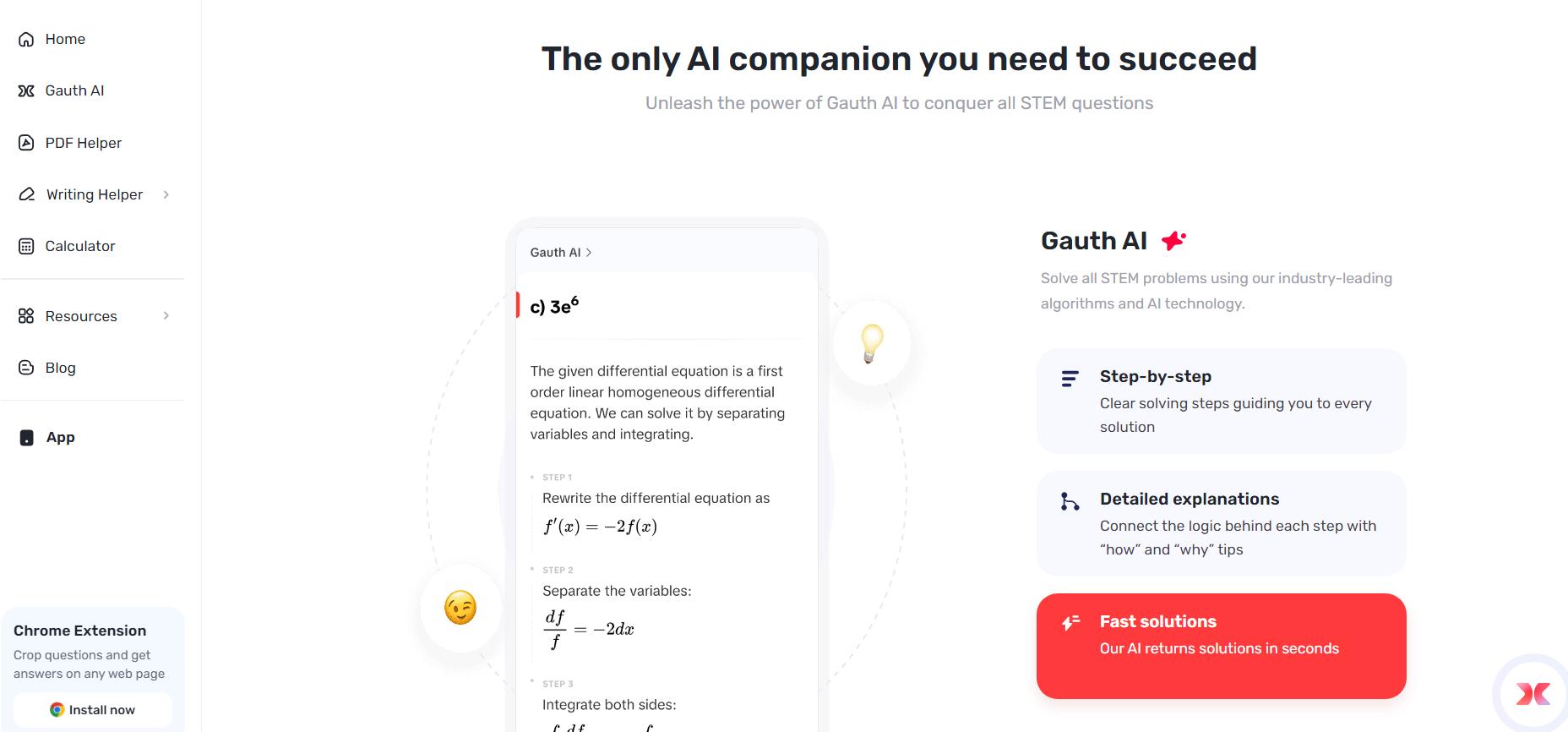
How to Approach Reading Assignments Effectively and Retain Information
Reading is one of the very important things in understanding any material. However, it’s so big and weighing at times. Still, if approached appropriately, the manageable amounts would ensure better retention of information, and it could be absorbed and put into practice. To make a reading assignment easier, focus your plan on understanding and remembering. For more homework support, visit Gauth’s website, an AI-based platform that offers academic help.
Now, here’s how to squeeze as much as you can from a reading assignment:
1. Set Clear Objectives
Before diving into any reading material, setting clear objectives helps maintain focus. Knowing what needs to be learned from the assignment ensures that attention is directed toward the most important sections. This can involve:
- Skimming the table of contents
- Reviewing headings and subheadings
- Identifying key terms and concepts
Understanding the goals of the assignment allows for a more structured reading approach.
2. Preview the Material
Previewing the reading material helps construct a mental roadmap. This includes briefly scanning through the chapters or sections to get an overall idea of what will be covered. Reading through diagrams, summaries, and questions at the ends of the chapters provides valuable insights into the content.
3. Break Up The Reading Into Manageable Pieces
Reading the whole assignment in one sitting can cause cognitive overload. Breaking the material into manageable, smaller pieces would allow for better focus. Dedicating 20-30 minutes of reading with a short break afterward will significantly improve retention.
4. Active Reading Techniques
Engaging with the material is essential to understanding and retaining information. Passive reading—where the eyes simply move across the page—leads to minimal comprehension. Instead, active reading techniques can be employed, such as:
- Highlighting or underlining key points
- Writing down questions about the content
- Summarizing paragraphs or sections in one’s own words
These actions help reinforce important ideas and increase long-term retention.
5. Take Notes
Writing down important concepts as the material is being read ensures that the information is being processed. Effective note-taking involves:
- Jotting down key points in bullet form
- Creating diagrams or mind maps for complex ideas
- Keeping notes organized for easy review
This process solidifies learning and serves as a valuable reference for future review sessions.
6. Review and Reflect
Once the reading is complete, reviewing the notes taken and reflecting on the main ideas can further enhance retention. Revisiting the content shortly after reading and again in intervals can improve recall. Reflecting on how the new information connects with existing knowledge helps to deepen understanding.
7. Utilize Tools for Support
Online resources such as Gauth, an AI-based homework helper, offer additional guidance. Gauth provides assistance by simplifying complex concepts, answering academic queries, and offering insights into various subjects. Using such platforms can aid in comprehension, especially for challenging reading assignments. Visit Gauth’s website to explore how this tool can streamline learning and enhance understanding.
Conclusion
Approaching reading assignments with a structured plan, incorporating active reading techniques, and utilizing available tools are key to effective learning. Setting clear objectives, breaking the material into smaller sections, and taking thorough notes contribute to better retention. Regular review and reflection solidify this knowledge over time. For additional support, platforms like Gauth can provide valuable assistance, offering AI-driven solutions to common academic challenges.


